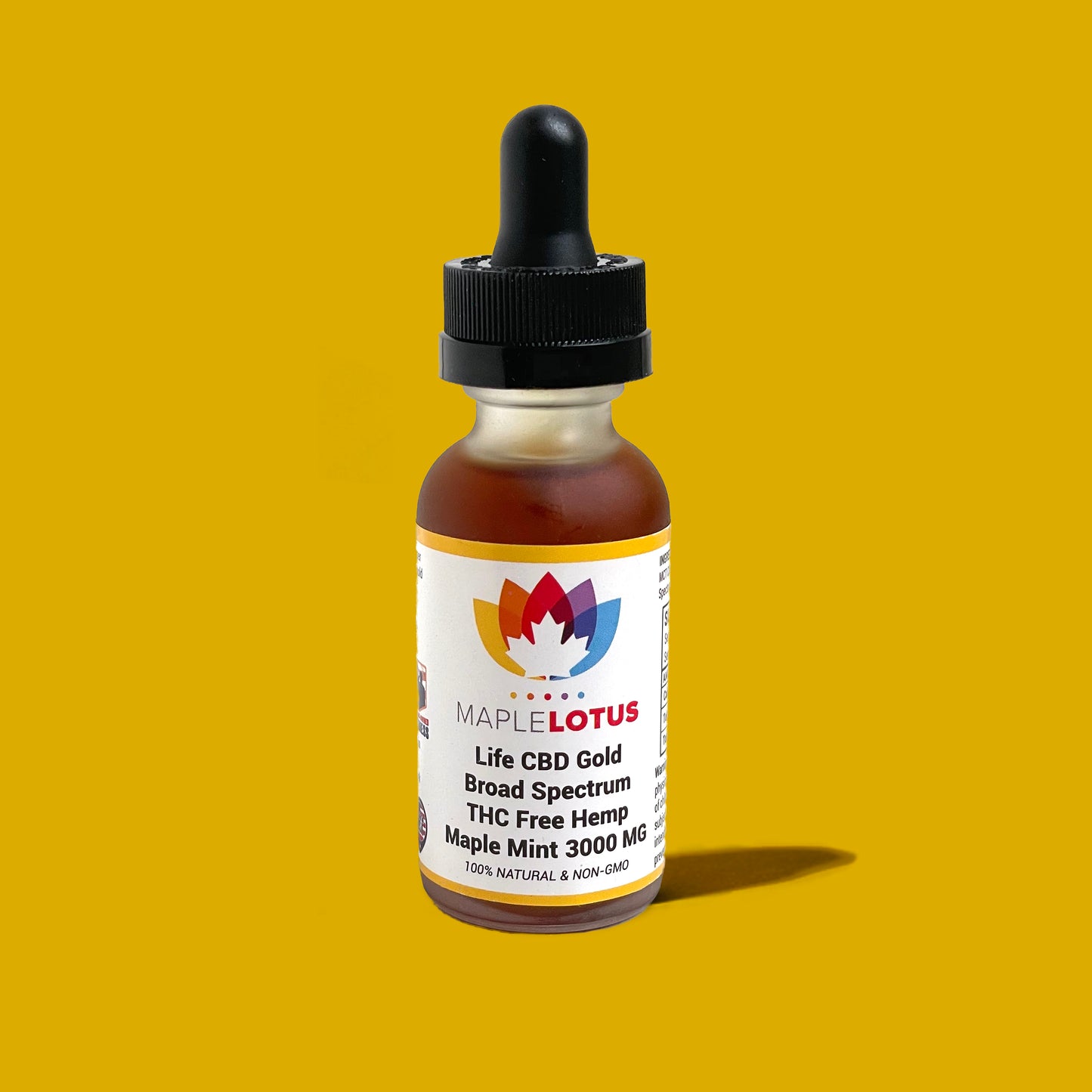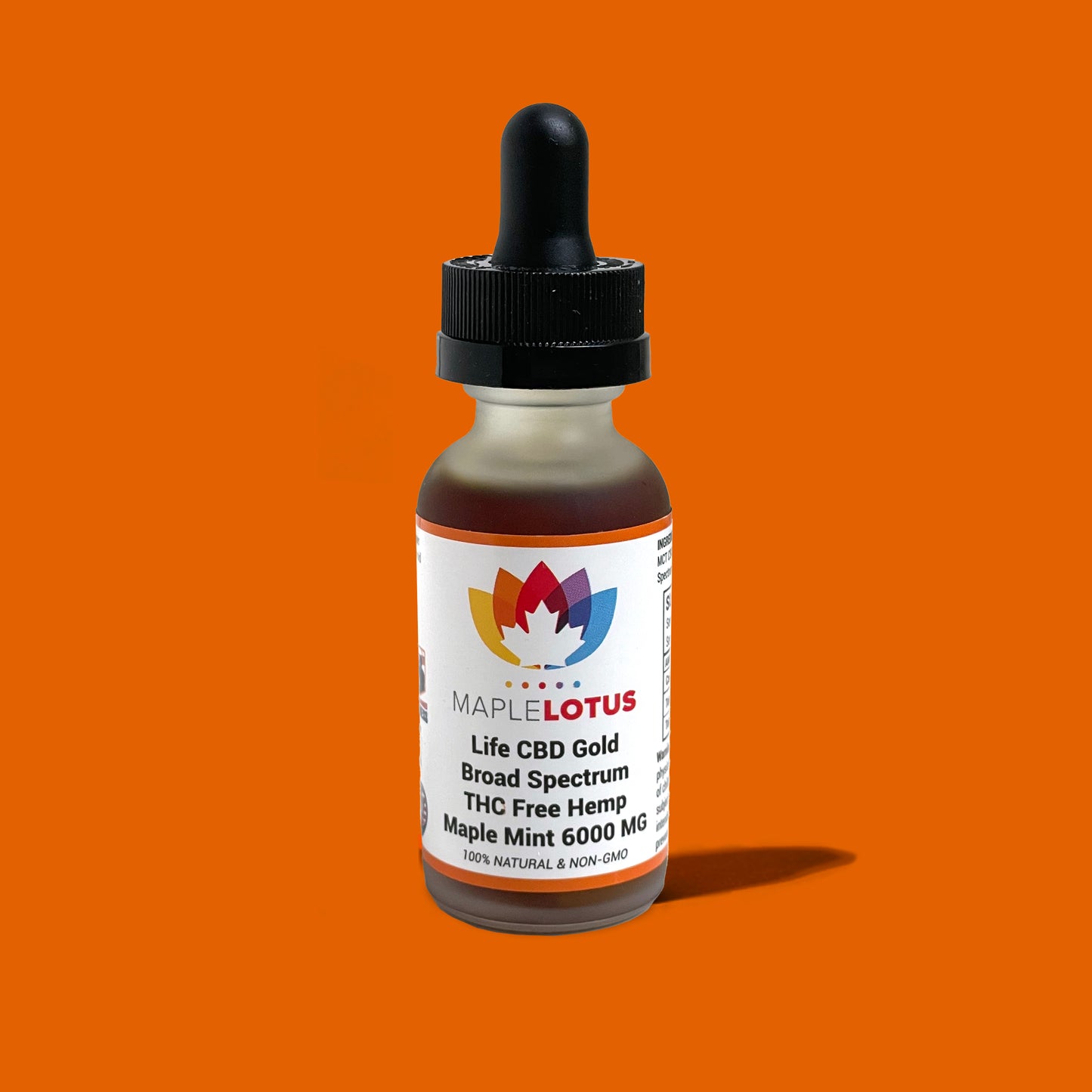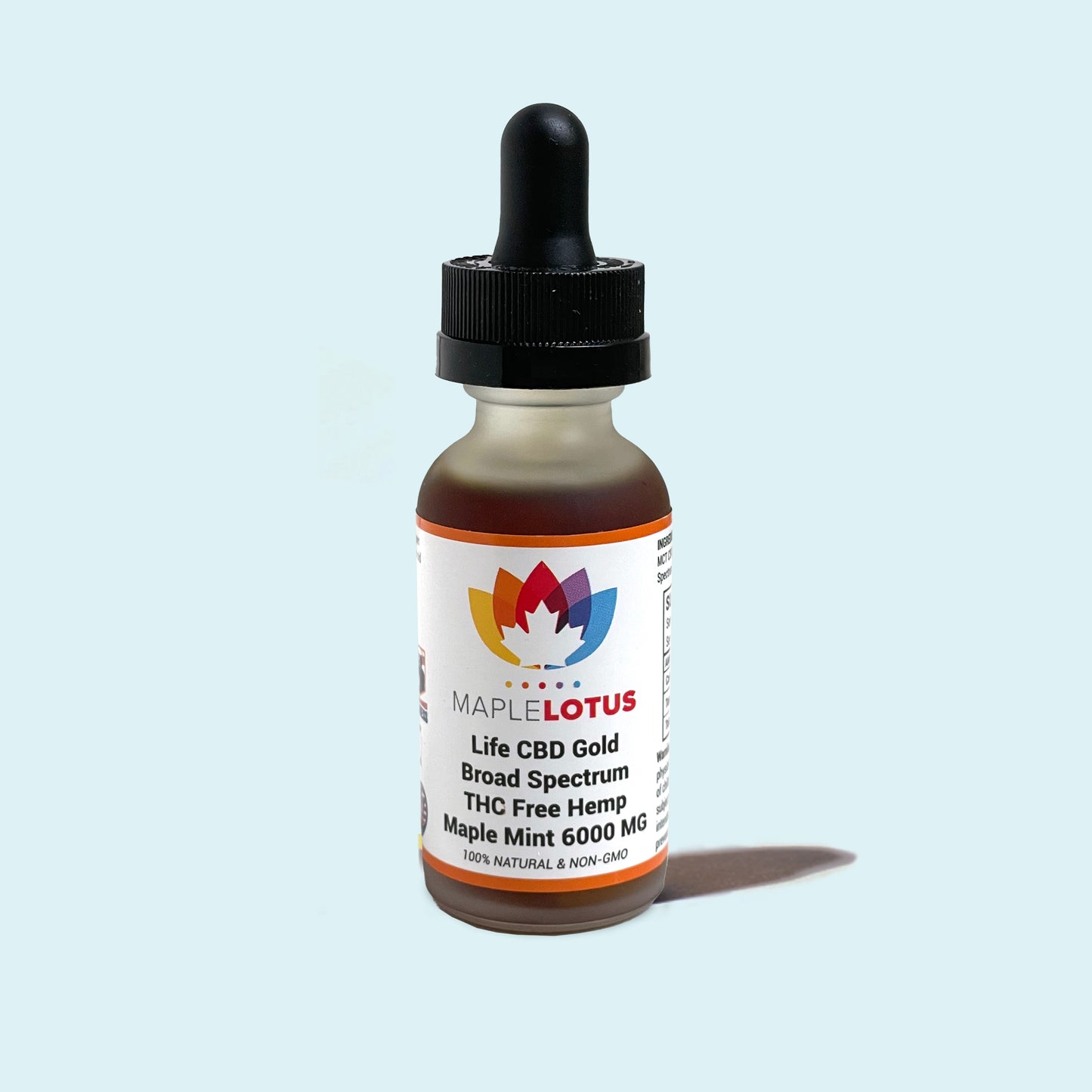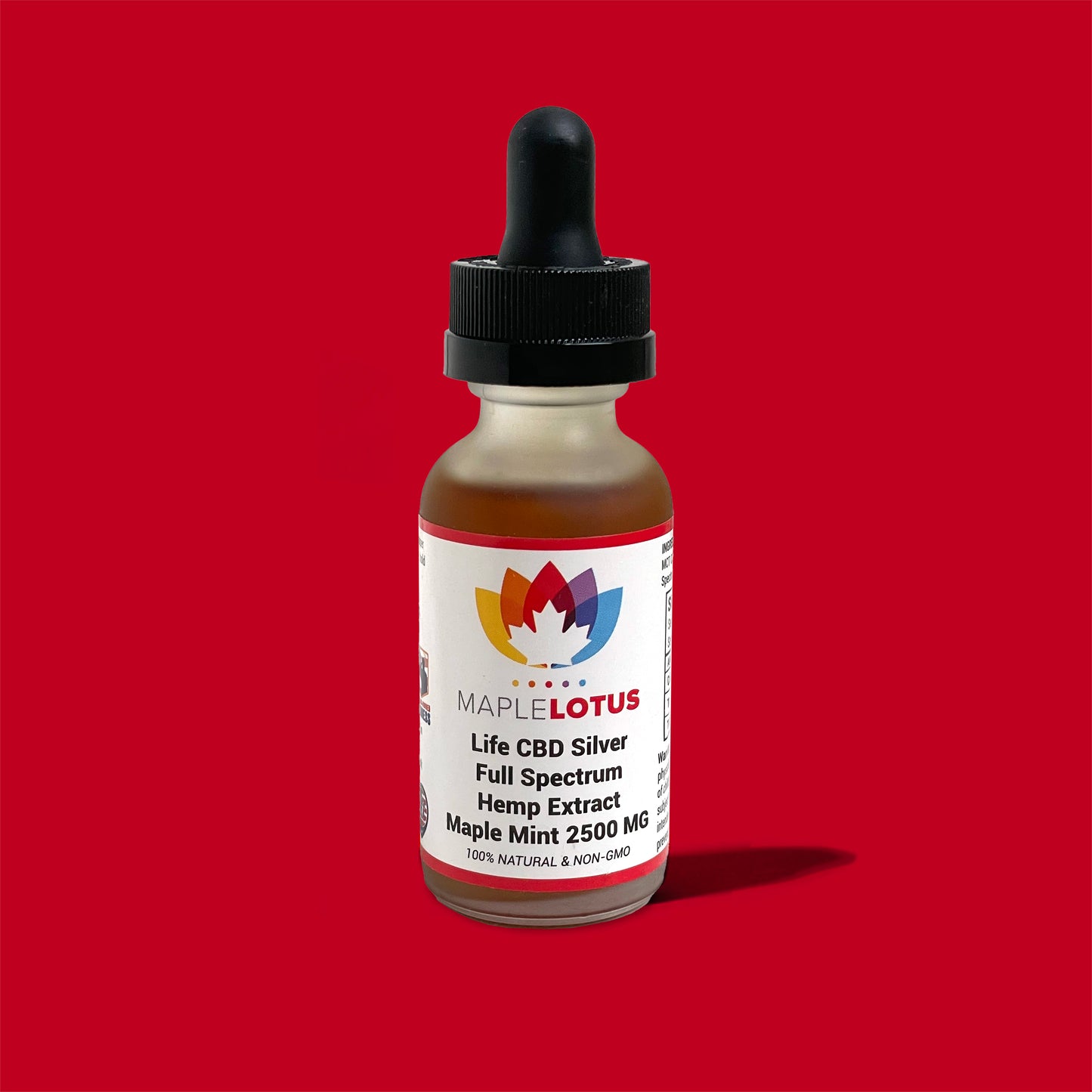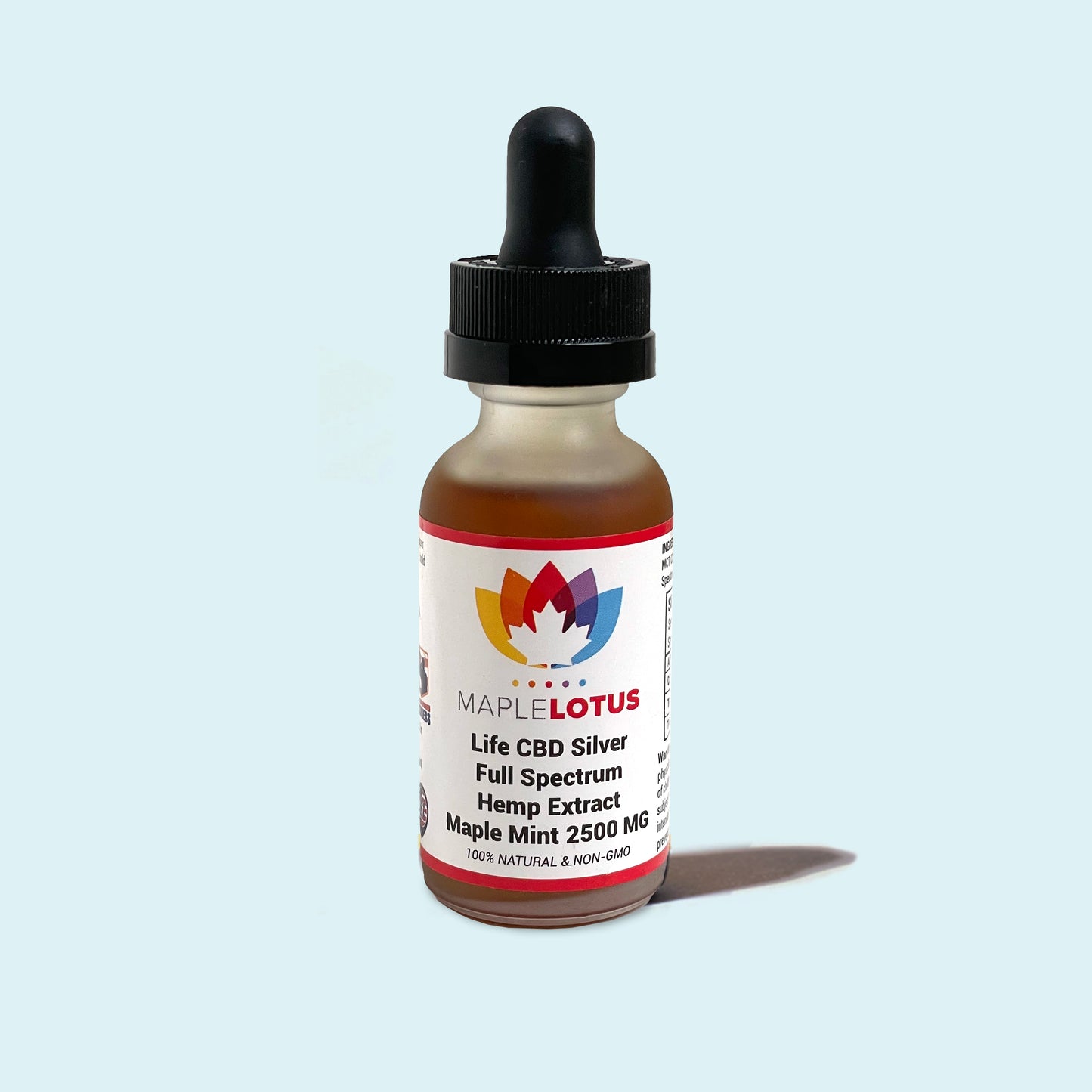
Is CBD Really Effective for Weight Loss?
CBD, also known as cannabidiol, is a naturally occurring chemical found in cannabis plants. It's one of hundreds of cannabinoid chemicals found naturally in cannabis plants.
Cannabidiol, unlike many other cannabidiols, such as THC, is not psychoactive. CBD, in other words, does not get you high. It is not intoxicating and does not make you stoned. If you want to learn more about CBD and how it affects your health, go here.
However, the source from which CBD is taken is extremely important. CBD may be derived from two popular cannabis-related plants. It can be derived from either the marijuana or hemp plant. Whereas CBD does not make you high on its own in the absence of other cannabinoids, full-spectrum CBD products derived from marijuana do contain additional psychoactive cannabinoids. Hemp, on the other hand, does not contain significant levels of psychoactive THC chemicals. If you want a more in-depth explanation of the differences between hemp-derived CBD and marijuana-derived CBD, read on.
Can CBD Help You Reduce Weight?
CBD is regarded as a modern-day wonder molecule capable of benefiting the body in hundreds of ways. A large volume of research is being undertaken with promising results, whether it is to manage anxiety, treat chronic pain and inflammation, rejuvenate the immune system, combat Alzheimer's, protect and heal cardiovascular tissue, or strengthen the nervous system.
Above all, the most fascinating area being researched in regard to CBD is weight loss. This specific place arouses a great deal of interest. Is it true that CBD can help you lose weight?
When it comes to scientific proof, there is still plenty of potential for more in-depth research into CBD's direct impact on weight. Furthermore, each individual's metabolism reacts differently to different nutrients. However, there has been a lot of intriguing study into the influence of CBD on physiological mechanisms that may impact the way your body stores fat and responds to hunger.
As a result, CBD has an indirect effect on weight loss because it has a significant impact on our appetite and fat metabolism.
CBD Reduces Appetite
CBD has a major impact on our bodies, including a reduction in appetite. This, in turn, is extremely strongly tied to weight loss.
Although there is some debate about whether CBD stimulates or decreases appetite, preliminary research suggests that the latter is true. Some people claim CBD stimulates the appetite. Others claim that while CBD alone has an appetite suppressant effect, when combined with other cannabinoids, particularly THC, it can enhance appetite.
THC acts on CB1 receptors located throughout the body. These receptors, in addition to controlling other processes, have an effect on obesity. THC stimulates them and causes them to create a hormone that stimulates appetite. CBD, on the other hand, works as an antagonist to CB1 receptors, blocking their function and thereby suppressing appetite. This antagonistic activity of CBD on CB1 receptors has been backed by research conducted in 2018.
CBD Is Essential for Fat Browning
One of the most compelling reasons in support of CBD's weight-loss benefits is that it aids in a process known as fat browning.
A comprehensive study reveals that CBD aids in the conversion of harmful fats to healthy fats. White fat in the body is known as bad fat because it stores energy and an excess of it contributes to weight gain. According to the research, CBD aids in the conversion of white fat into brown fat, which burns energy. CBD's browning of fats causes an increase in the rate of fat breakdown in the body. This implies a drop in body weight.
Furthermore, this procedure aids in lowering the body's calorie consumption, which we all know leads to weight loss.
CBD Protects Against Obesity-Related Metabolic Disorders
When it comes to obesity, we can easily link it to metabolic issues such as diabetes. According to research, CBD-based products can be highly beneficial in reducing obesity-related metabolic problems. That is, it not only helps to reduce obesity but also the difficulties connected with it. CBD has been shown to be effective in treating type 2 diabetes, hypertension, and high cholesterol.
This is also accomplished through CBD's antagonistic impact on CB receptors. It reduces the risk of obesity and related illnesses by preventing undesired CB1 receptor activity.
Furthermore, CBD has been shown in animal studies to lower cholesterol levels by 25%. Although mammals often respond to most stimuli in the same way, more extensive research is required when it comes to lowering cholesterol in humans.
Furthermore, CBD has been shown to be an efficient anti-inflammatory and anti-oxidant. These qualities, too, aid in the management of high blood sugar levels and the overall health of the liver.
Points to be considered
- Although preliminary research on CBD's ability to reduce weight has yielded encouraging findings, it cannot and should not be considered an alternative to other healthy ways of losing weight. Regular exercise, increased physical activity, and a well-balanced diet continue to be important in the fight against obesity. Managing stress and anxiety is also crucial in this regard.
Relying solely on CBD supplements will not benefit your health in the long run. It does, however, enhance the benefits of a healthy lifestyle.
- Keep in mind that the FDA has not yet completely regulated CBD products. As a result, some companies may not genuinely contain what their label indicates. They may also display incorrect ingredient percentages on the label. So it is up to you to conduct extensive research before purchasing a CBD product from any firm.
- Furthermore, CBD has the potential to interfere with other medications you may be taking. In such instances, you should not rely on supplements without first consulting a physician.
The Legality of CBD
While living in the United States, you must be fully aware of the local regulations regarding the legal status of CBD. This is due to the fact that they differ from one state to the next.
CBD derived from hemp is allowed under federal law, however it is banned in other states. Furthermore, federal law prohibits the growing of marijuana and the extraction of CBD from it for the purpose of manufacturing and selling CBD products. This is due to marijuana having a greater than recommended proportion of THC. As a result, marijuana-derived CBD products, particularly full-spectrum products, can be abused. Some states, however, have legalized the selling of CBD produced from marijuana. This is because THC has several health benefits, and when combined with CBD, these two cannabinoids produce better effects.
As a result, it is critical that you understand what your local laws say about the legality of CBD products.
Conclusion
The scientific research on the relationship between CBD and obesity is still in its early stages. There isn't enough conclusive evidence to indicate that CBD helps people cope with obesity. However, preliminary study indicates that it has an effect on factors that are common causes of obesity. CBD may be useful in coping with issues such as disrupted appetite, excess white fat accumulation, metabolic problems, anxiety, stress, pain, and inflammation, according to research so far.
Furthermore, CBD oil can be counted on for overall health benefits. These supplements have an advantage over other supplements in that they have little long-term adverse effects. The fact that the FDA has only approved the use of CBD to treat a few uncommon kinds of epilepsy remains valid. Furthermore, there is no one formula that works for everyone. If you do decide to begin a CBD program for weight reduction, start with smaller dosages and wait a day or two before increasing to the second dose.
References
https://www.ncbi.nlm.nih.gov/pmc/articles/PMC6163475/
https://pubmed.ncbi.nlm.nih.gov/27067870/


